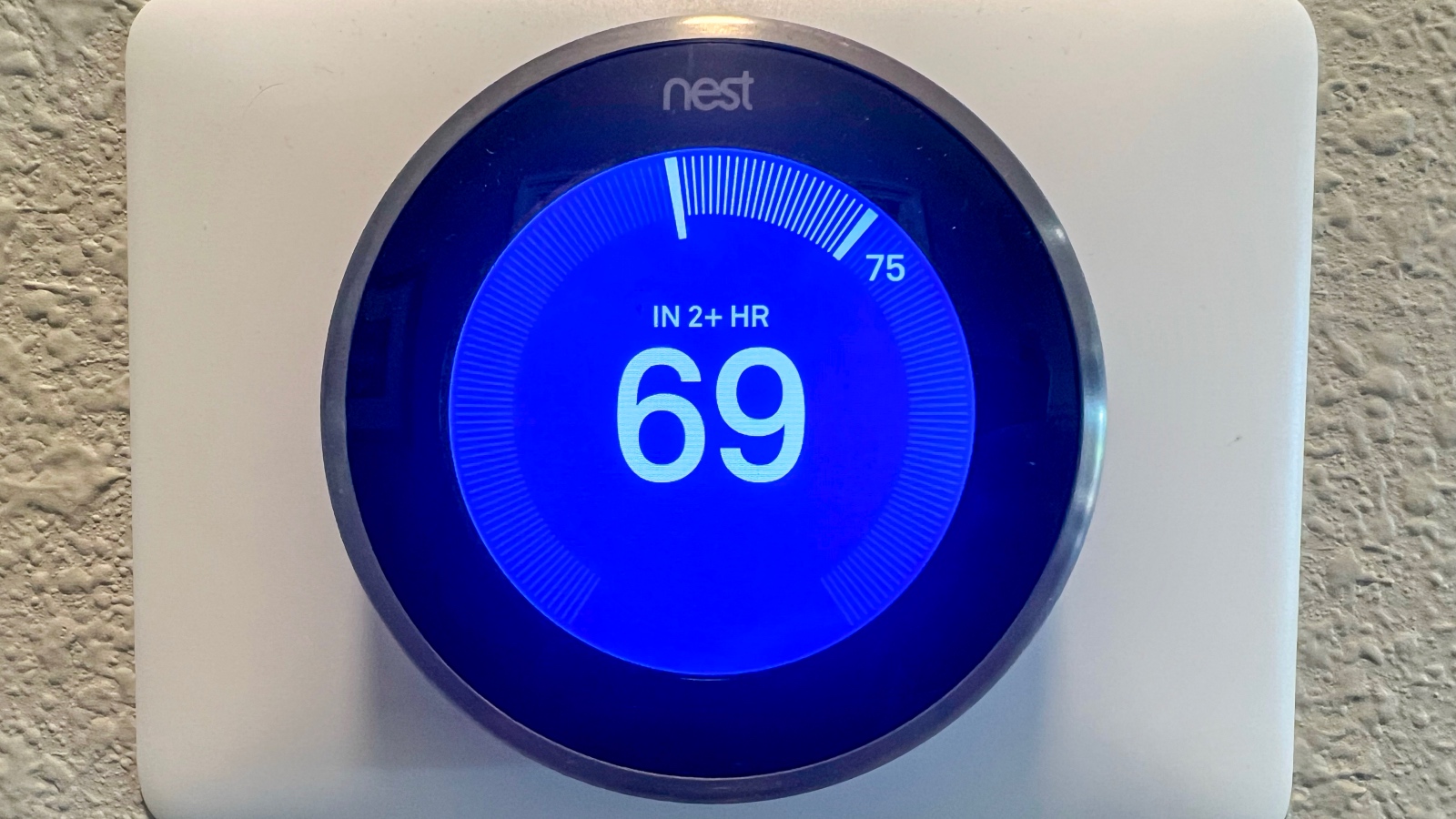
Cass Anderson / BroBible
A new research study has determined the best sleep temperature range to set thermostats at in order to attain the best sleep every night.
There are already a lot of comments across the Internet to the tune of ‘tell dad to turn it down’ after researchers from the Hinda and Arthur Marcus Institute for Aging Research at Hebrew SeniorLife and Harvard Medical School determined 68 to 77 °F as the optimal temperature range.
According to the news release, “the authors observed an overall trend: a 5-10 % drop in sleep efficiency as the nighttime ambient temperature increases from 77°F to 86°F.”
doc: "your dad's been in a coma for 9 days, we're running out of ideas"
me: "let me try" [goes to adjust thermostat]
dad: [opens one eye]— k e i t h 🐤🥔 (@KeetPotato) July 13, 2015
The purpose of the study was to enhance sleep quality. Finding sleep efficiency dropped by up to 10% when temperatures increased outside of the optimal range should go a long way to optimizing sleep temperatures across the globe. Smart thermostats such as Nest and systems used in hospitals or assisted living facilities can assess this data and make determinations based on the findings.
The news release went on to add “Older adults often experience inadequate, restless, and disrupted sleep which in turn influences many outcomes related to their health and wellbeing such as cognitive and physical function, mood and affect, irritability and reaction to stress, productivity, diabetes management, and risk of cardiovascular diseases. Indeed, poor sleep is disproportionately more common among older adults. Meanwhile, research on its causes has been mostly focused on physiological and behavioral factors despite evidence suggesting that the environment the person sleeps in can be as influential.”
Sleep quality around the world has never been a level playing field. Dhaka in Bangladesh is the loudest city in the world with an observed ambient volume level of 119dB. Moradabad in India has an ambient volume level of 114dB. For comparison, the decibel limit in NYC is 42 dB but cities in America average 50-60 dB.
A lot of research was done into ambient sound during sleep and now the sleep quality industry appears to have shifted toward temperature after gathering a lot of science surrounding noise.
Of course, there are literally billions of people around the world who cannot control their room temperature during sleep. While 90% of the United States has access to air conditioning, only 5% of India has A/C, 6% in South Africa, 9% in Indonesia, and 16% in Brazil and Mexico.
And it’s not as simple as ‘make cheaper A/C units’ as suddenly rolling out billions of A/C units worldwide would have an unimaginable impact on the power grids. Nobody should be deprived of proper sleep but I’m just stating the obvious about logistical impediments to the entire world being able to sleep between 68 to 77 °F, the best sleep temperature range according to science.